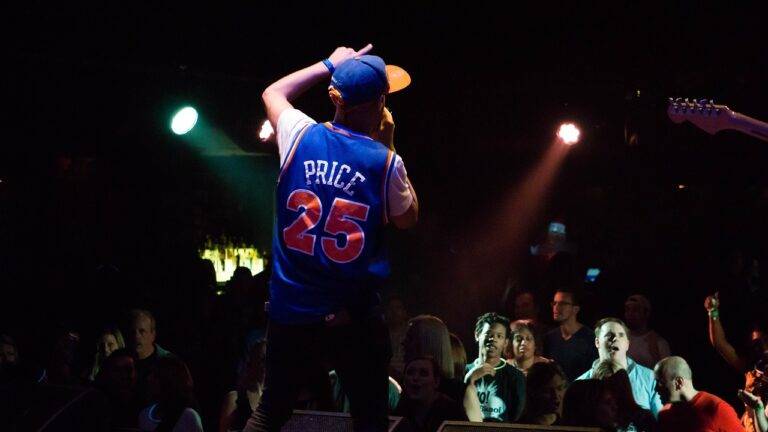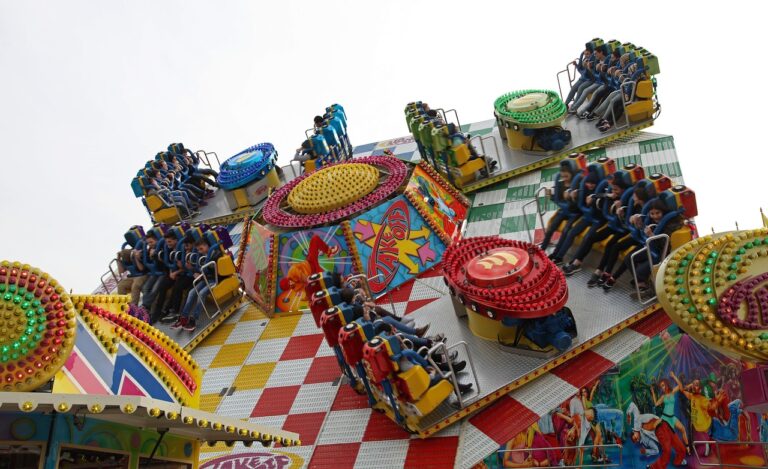The Role of Remakes and Reboots in the Entertainment Industry
The popularity of remakes and reboots in the entertainment industry can be attributed to several key factors. One significant reason is that these familiar stories offer a sense of nostalgia to audiences, tapping into their emotions and memories of the original versions. This nostalgia factor can create a strong connection with viewers, drawing them in to see a new take on a beloved classic.
Additionally, remakes and reboots often come with built-in name recognition and a ready-made fan base. This can make it easier for studios to market these projects and potentially attract a larger audience. By revisiting familiar stories or characters, filmmakers can capitalize on existing fan bases while also introducing these narratives to a new generation of viewers.
• Remakes and reboots tap into audience nostalgia, creating a strong emotional connection
• Built-in name recognition and fan base make marketing easier for studios
• Introducing familiar stories to a new generation of viewers helps keep the narratives relevant
The Impact of Nostalgia on Remakes and Reboots
Nostalgia plays a significant role in the popularity of remakes and reboots in the entertainment industry. It taps into the audience’s emotional connection to a particular story or franchise from the past. By revisiting familiar characters, settings, and plotlines, filmmakers can evoke feelings of nostalgia in viewers, transporting them back to a time when they first experienced the original content.
Furthermore, nostalgia has the power to bridge the gap between different generations. Older audiences may feel a sense of nostalgia for classic films or TV shows, while younger generations are drawn to updated versions that cater to modern tastes and sensibilities. This intersection of past and present allows for a shared experience across age groups, creating a sense of continuity and cultural appreciation for beloved stories throughout the years.
How Do Remakes and Reboots Appeal to Different Generations?
Remakes and reboots have a unique ability to appeal to different generations due to their familiarity and ability to reinvent classic stories in a modern context. Older generations may be drawn to remakes as a way to relive cherished memories from their youth, while younger audiences can enjoy updated versions of iconic tales that resonate with current trends and technologies.
The nostalgic elements of remakes and reboots provide a common ground for viewers of all ages, allowing for shared experiences and discussions across generations. By blending the past with the present, these adaptations bridge the gap between older and younger viewers, creating a sense of continuity and connection through storytelling that is both timeless and relevant.
Why are remakes and reboots so popular in the entertainment industry?
Remakes and reboots are popular because they have built-in name recognition and a pre-existing fan base, making them less risky investments for studios.
How does nostalgia play a role in the appeal of remakes and reboots?
Nostalgia is a powerful emotion that can make people feel connected to their past and relive fond memories. Remakes and reboots capitalize on this sentiment by offering a fresh take on beloved classics.
How do remakes and reboots appeal to different generations?
Remakes and reboots appeal to different generations by updating familiar stories with modern twists and technologies, making them relevant and engaging for both new and existing fans.
Are remakes and reboots only made for older generations?
No, remakes and reboots are made for audiences of all ages. While older generations may appreciate the nostalgia factor, younger generations can enjoy the updated storytelling and visuals.
How do remakes and reboots contribute to the overall landscape of entertainment?
Remakes and reboots play a significant role in keeping classic stories alive and introducing them to new audiences. They also allow for creativity and innovation in reimagining familiar narratives.





